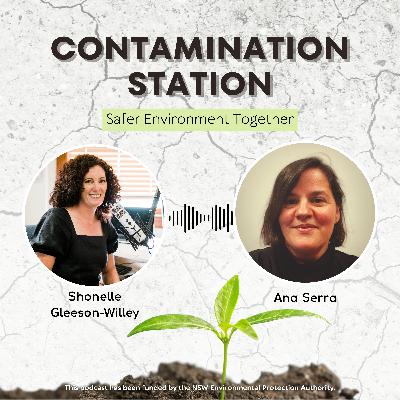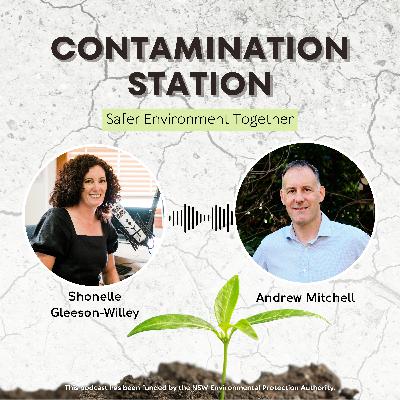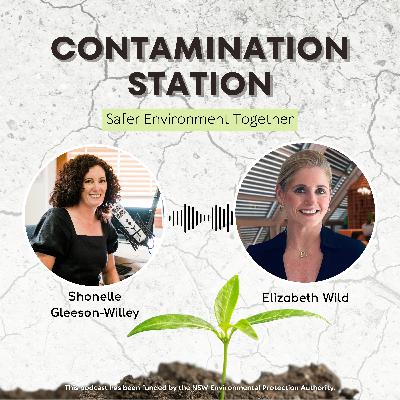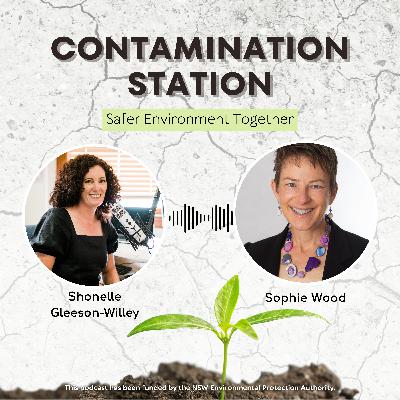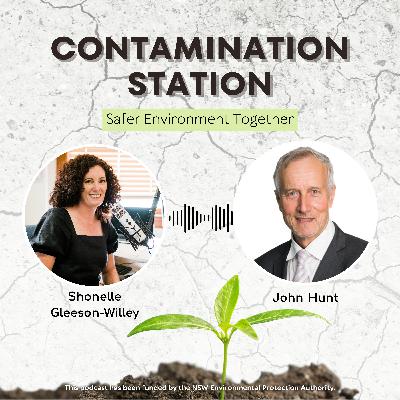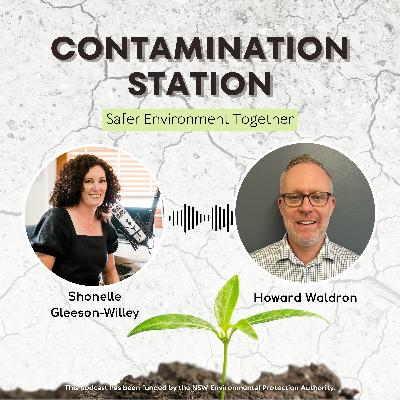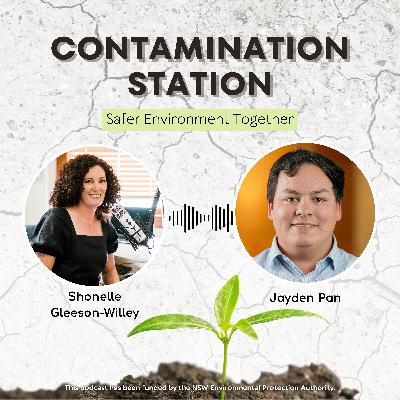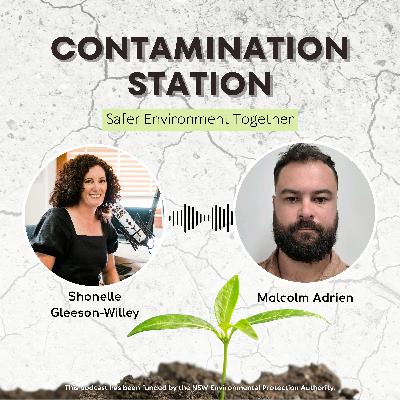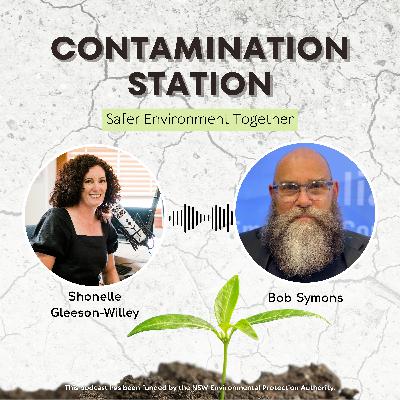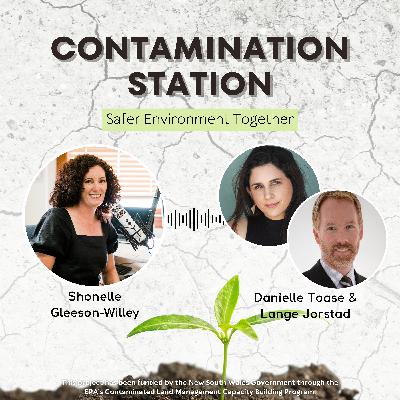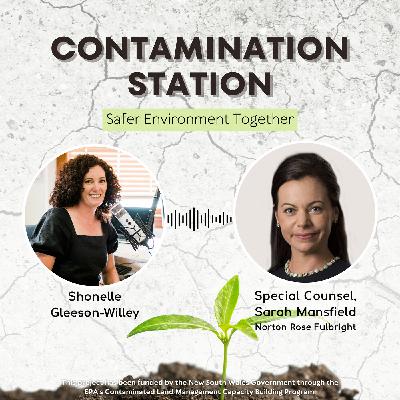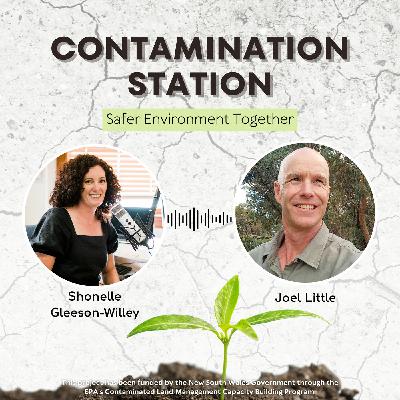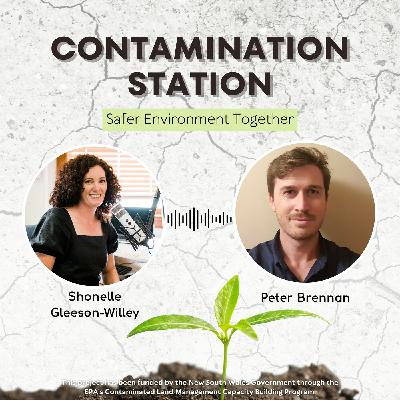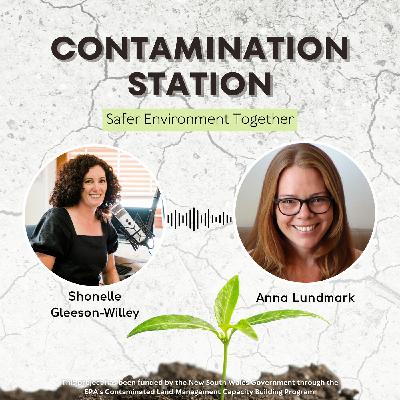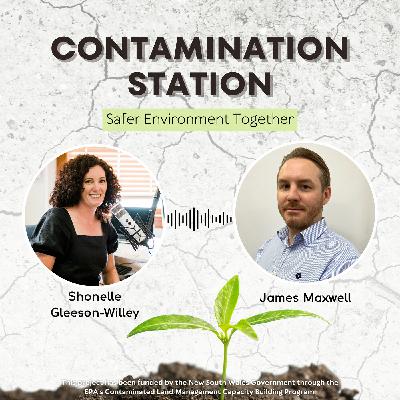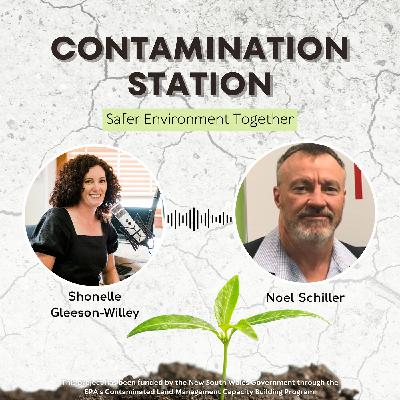Ana Serra is an Environmental Engineer with over 20 years of experience across multiple countries and states, including Portugal, Ireland, Angola, Western Australia, and New South Wales. Ana is a Certified Environmental Practitioner and a Licensed Asbestos Assessor, and is currently the Coordinator of Asbestos and Remediation at Liverpool City Council, NSW.
Over the past 15+ years, her career has centred on asbestos and soil contamination management. Ana's interest in stakeholder engagement began in her role at Council, where she strives to foster positive collaboration between environmental disciplines and key stakeholders. She is committed to enhancing awareness and dialogue among regulators, the community, local government, consultants, and contractors to deliver meaningful outcomes for the public.
This episode explores the complex challenges local councils face in managing asbestos and soil contamination. Drawing from her diverse international career and current role as Coordinator of Asbestos and Remediation at Liverpool City Council, Ana shares insights on risk-based approaches, internal capability-building, and stakeholder engagement.
Ana discusses Australia's unique asbestos legacy, including its sheer volume and widespread use in housing and infrastructure, and the resulting impact on policy, regulation, and remediation. She explains how enforcement action by the EPA triggered a system-wide response at Liverpool, including new procedures, internal working groups, and improved cross-department coordination.
Key lessons include the importance of community communication, maintaining empathy while still acknowledging risk, and ensuring messaging is co-developed between technical and comms teams. Ana also notes that councils often underestimate the extent of their asbestos problems and stresses the need for site-specific strategies rather than blanket approaches.
Finally, Ana encourages local councils to tap into LGNSW and ALGA working groups, where peer learning and resource-sharing can help councils make practical progress, even when the scale of the issue feels overwhelming.
-----
Are you a local NSW council member looking for more resources like this?
You are invited to join the Local Government NSW Contaminated Land Network!
Local Government NSW (LGNSW) hosts a free, online network for council staff on the topic of contaminated land. The network includes an online forum for collaboration, information sharing and announcements about contaminated land regulation, guidance and training opportunities. Monthly meetings are held on themes that were set by the network participants, with presentations from regulators, technical experts, and case studies by councils.
Since the contaminated land network commenced in December 2023, more than 50% of NSW councils have joined, with over 200 participants. Feedback shows that councils are benefitting greatly from the network meetings and discussion on the platform, and we are pleased to invite you to join us.
To join the network, please use this link: https://lgsa.wufoo.com/forms/w1rf0os910rxyl6/
We hope to see you on the network soon!



